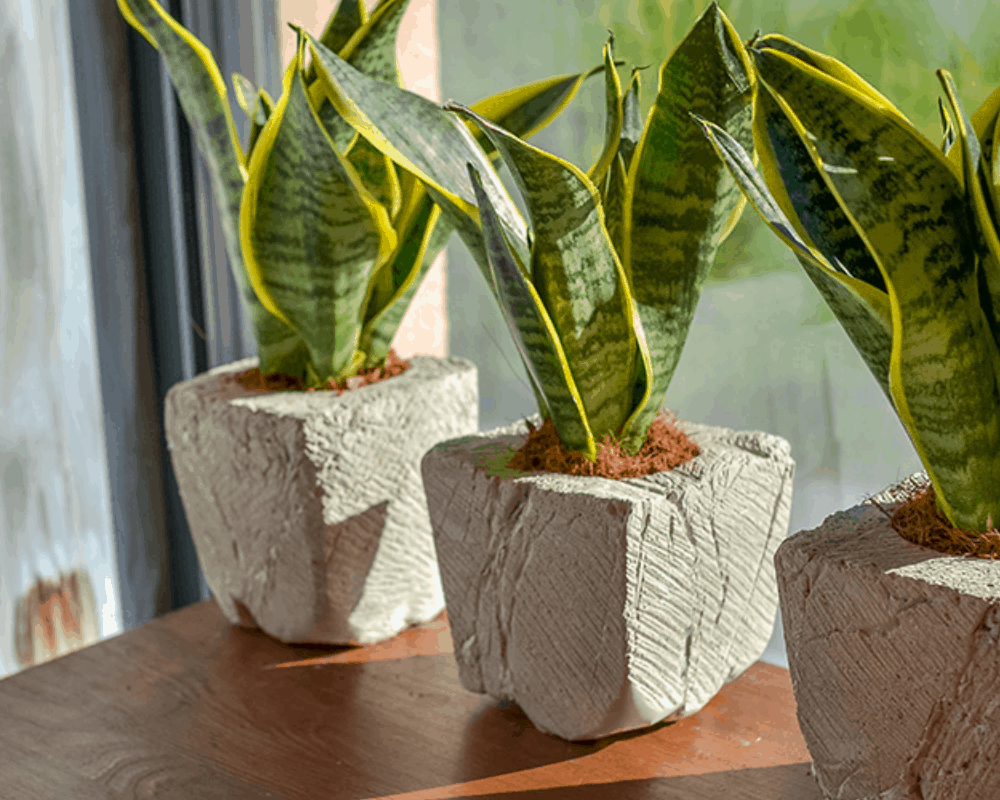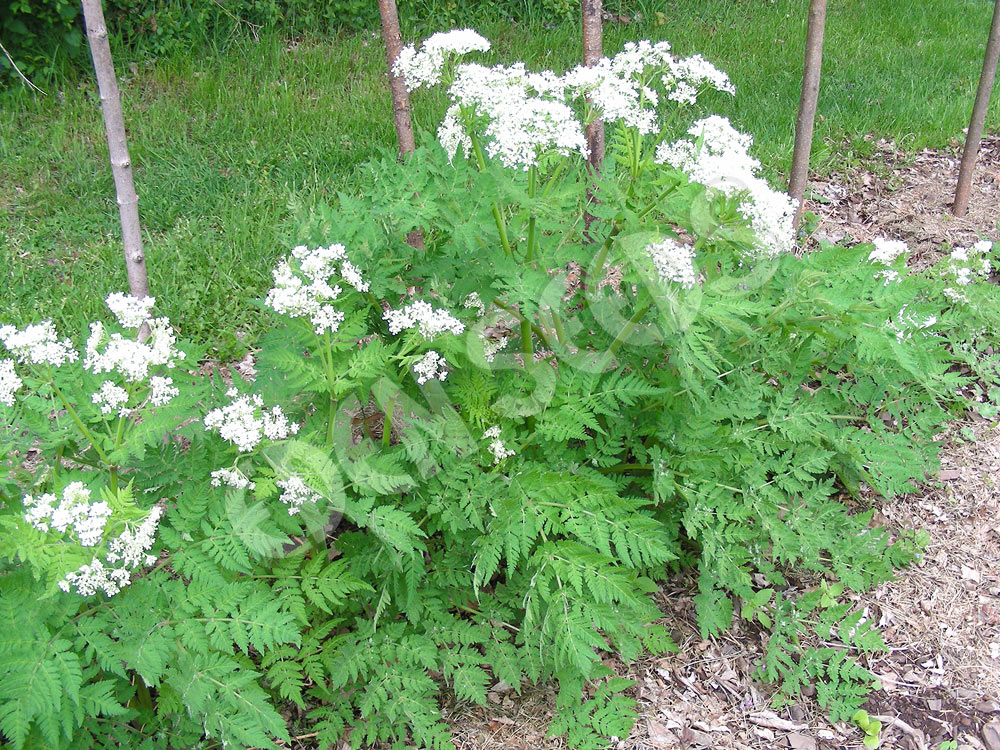Your What to plant with lily of the valley images are ready. What to plant with lily of the valley are a topic that is being searched for and liked by netizens now. You can Download the What to plant with lily of the valley files here. Download all free vectors.
If you’re searching for what to plant with lily of the valley images information related to the what to plant with lily of the valley keyword, you have come to the right site. Our website frequently gives you hints for seeking the maximum quality video and image content, please kindly search and find more informative video articles and graphics that match your interests.
What To Plant With Lily Of The Valley. Majalis is a perennial to 25cm in height, forming extensive colonies. In warmer zones the foliage of lily of the valley usually stays green throughout the winter. During drier years, be sure to water them more to encourage blossoming. It makes good ground cover in shady spots.
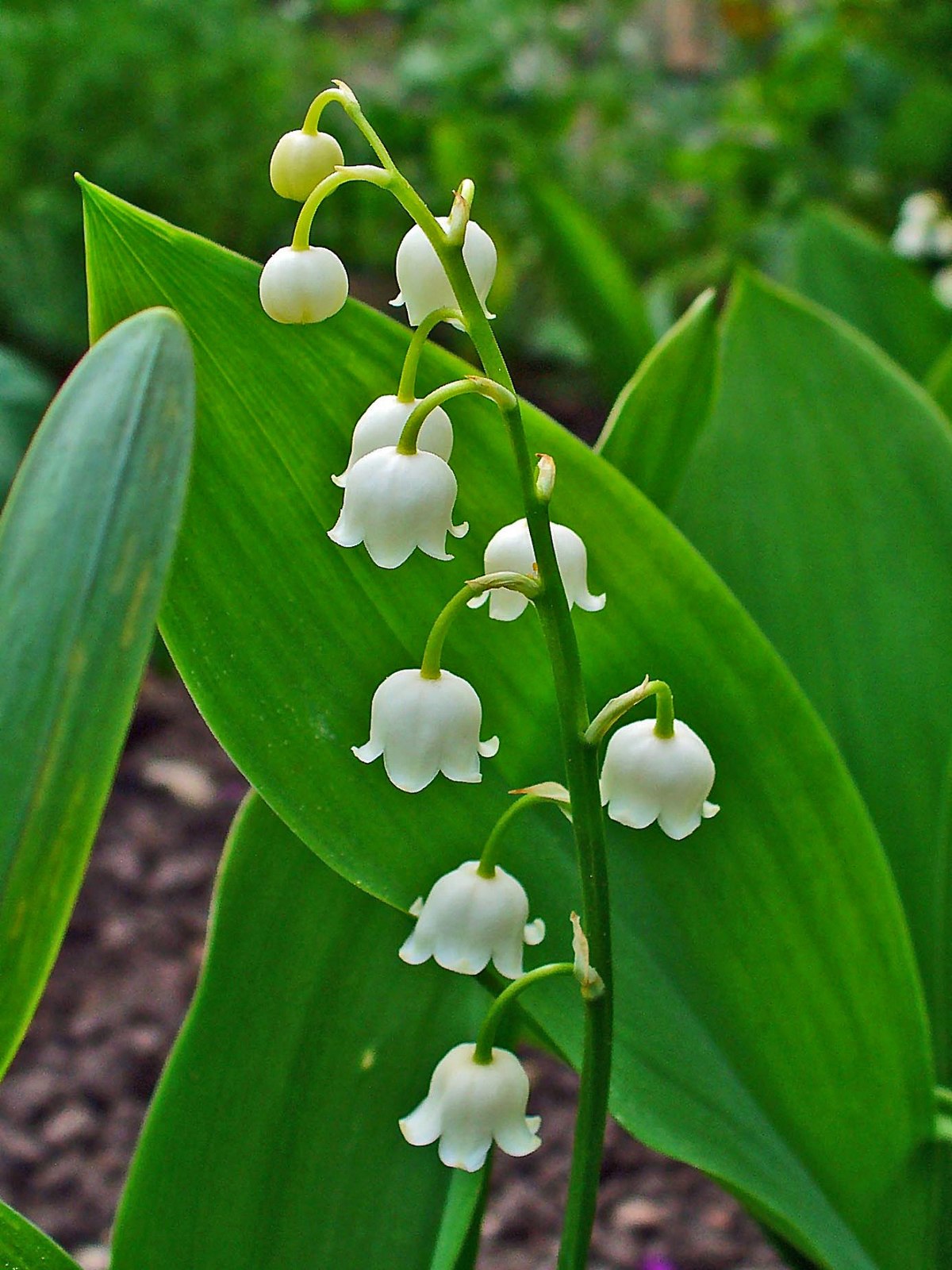
About lily of the valley. Lily of the valley is an extremely tough plant and it will grow in almost any type of soil or climate. Plant in semi shade to full shade, 10cm apart with the rhizome 3cm below the soil surface. It�s actually part of the asparagus. Though the roots love moisture, once the plants are established, they are quite drought tolerant. When to plant lily of the valley bulbs?
Cut off lily of the valley’s flower stalks with a pair of pruning shears once the individual blooms begin to dry, turn yellow or brown and drop their petals.
Lily of the valley pips Its low, spreading habit also makes it ideal for growing as a ground. Cardiac glycosides are a class of organic compounds. Majalis is a perennial to 25cm in height, forming extensive colonies. It’s a fantastic choice for a woodland garden or shady border, as well as planting beneath shrubs. They are amenable to normal room temperatures, but the lower the temperature, the longer the flowering will last.

These dainty white flowers later turn into bright red berries. Here is an article from cbc news on the benefits of lily of the valley. They also provide a reliable shady ground cover option. Its low, spreading habit also makes it ideal for growing as a ground. How to plant lily of the valley.
 Source: frogmoregardens.com.au
Cut off lily of the valley’s flower stalks with a pair of pruning shears once the individual blooms begin to dry, turn yellow or brown and drop their petals. It makes good ground cover in shady spots. Plant your lily of the valley with the tops barely poking above the soil surface, about 4 apart. Lily of the valley, convalaria majalisit is a perennial herb belonging to the asparagus family. Its low, spreading habit also makes it ideal for growing as a ground.
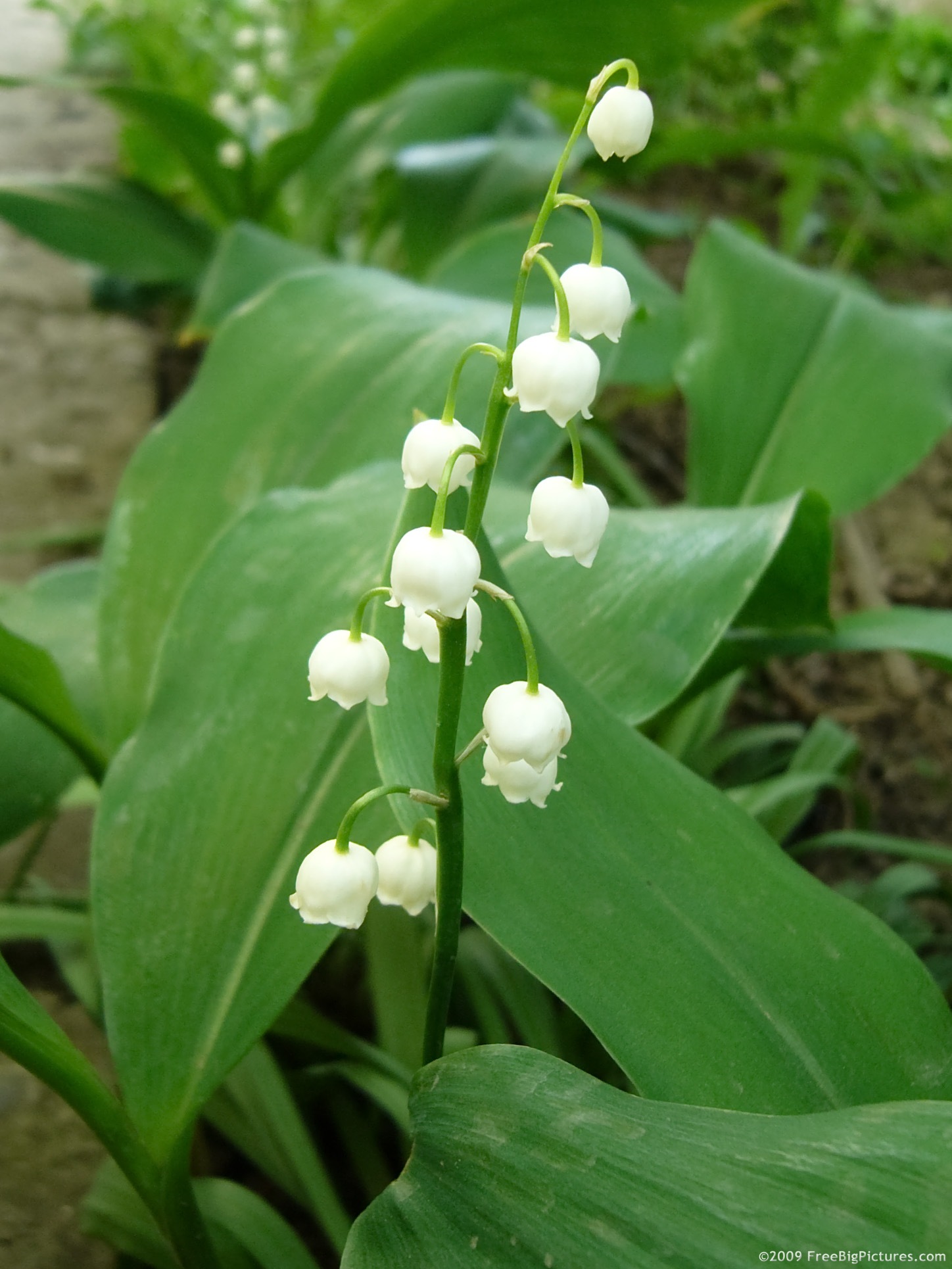 Source: freebigpictures.com
Source: freebigpictures.com
Remove dead, dry, brown or. 11 rows lily of the valley (convallaria majalis) is not a true lily; Provide supplemental water as needed in the spring, summer, and fall. Plant in semi shade to full shade, 10cm apart with the rhizome 3cm below the soil surface. Lily of the valley (convallaria majalis) is a woodland plant, much valued for its fragrant summer flowers.
 Source: blog.longfield-gardens.com
Source: blog.longfield-gardens.com
When to plant lily of the valley bulbs? Though the roots love moisture, once the plants are established, they are quite drought tolerant. They prefer well drained, moist humus rich soil. Pleasingly robust, despite its delicate appearance lily of the valley is an attractive addition to the ornamental garden. Lily of the valley spreads by rhizomes, and it is a very prolific spreader.
 Source: thespruce.com
Source: thespruce.com
Provide supplemental water as needed in the spring, summer, and fall. As beautiful as these flowers are, they are also highly poisonous because they have dense cardiac glycosides content. Lily of the valley is an extremely tough plant and it will grow in almost any type of soil or climate. Planting lily of the valley should take place by late fall. Lily of the valley spreads by rhizomes, and it is a very prolific spreader.
 Source: blog.longfield-gardens.com
Source: blog.longfield-gardens.com
About 1 total of rain or irrigation per week is a good estimate, keeping in. Majalis is a perennial to 25cm in height, forming extensive colonies. When to plant lily of the valley. Here is an article from cbc news on the benefits of lily of the valley. Lily of the valley spreads by rhizomes, and it is a very prolific spreader.
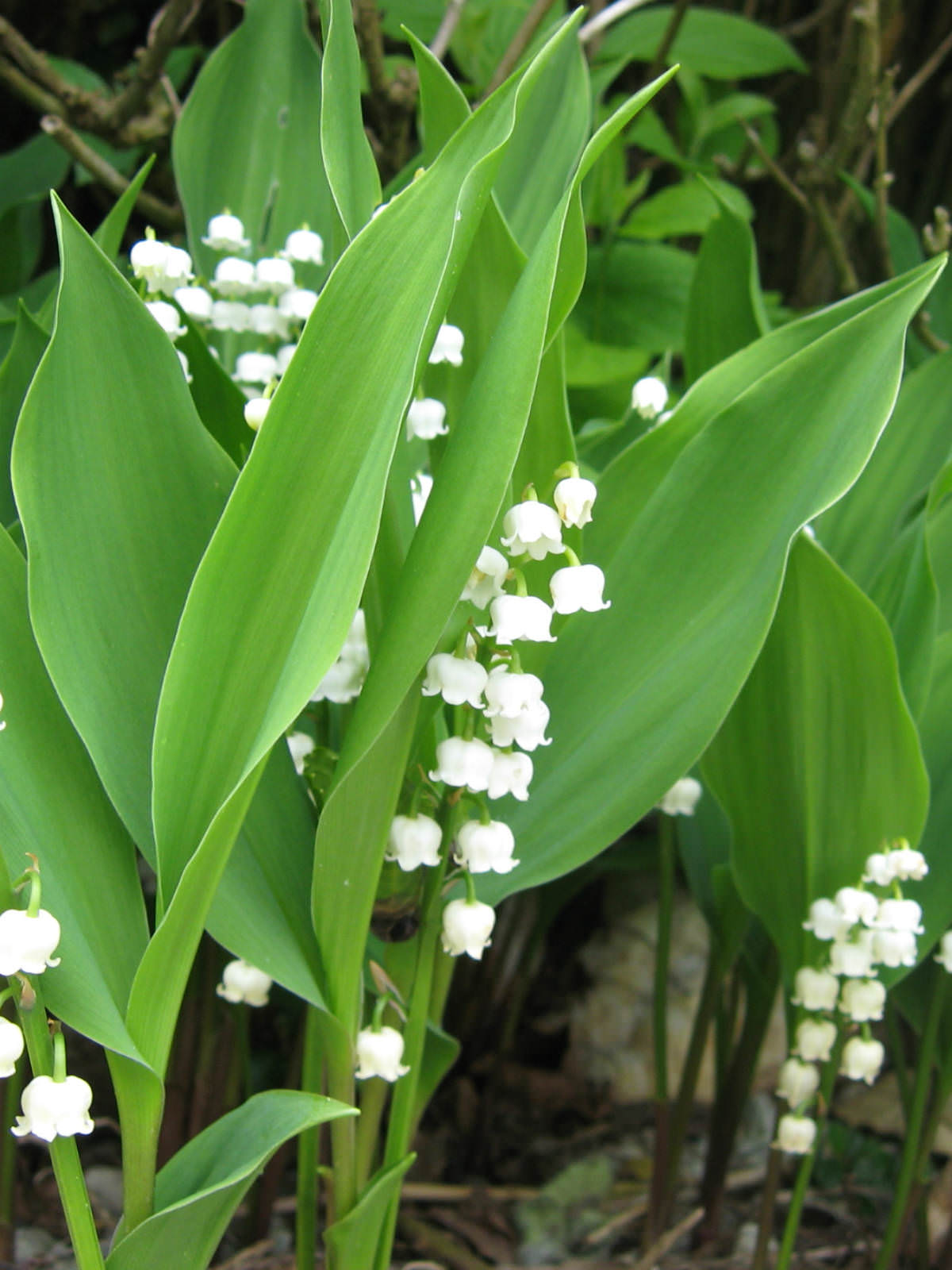 Source: worldoffloweringplants.com
Source: worldoffloweringplants.com
Lily of the valley should be planted by late fall as cool winter temperatures are needed for a proper dormancy period. Majalis is a perennial to 25cm in height, forming extensive colonies. And are among the most aromatic floral plants in the northern temperate areas in early summer and the spring. It is a great ground cover if contained. Lily of the valley (convallaria majalis) is a woodland plant, much valued for its fragrant summer flowers.
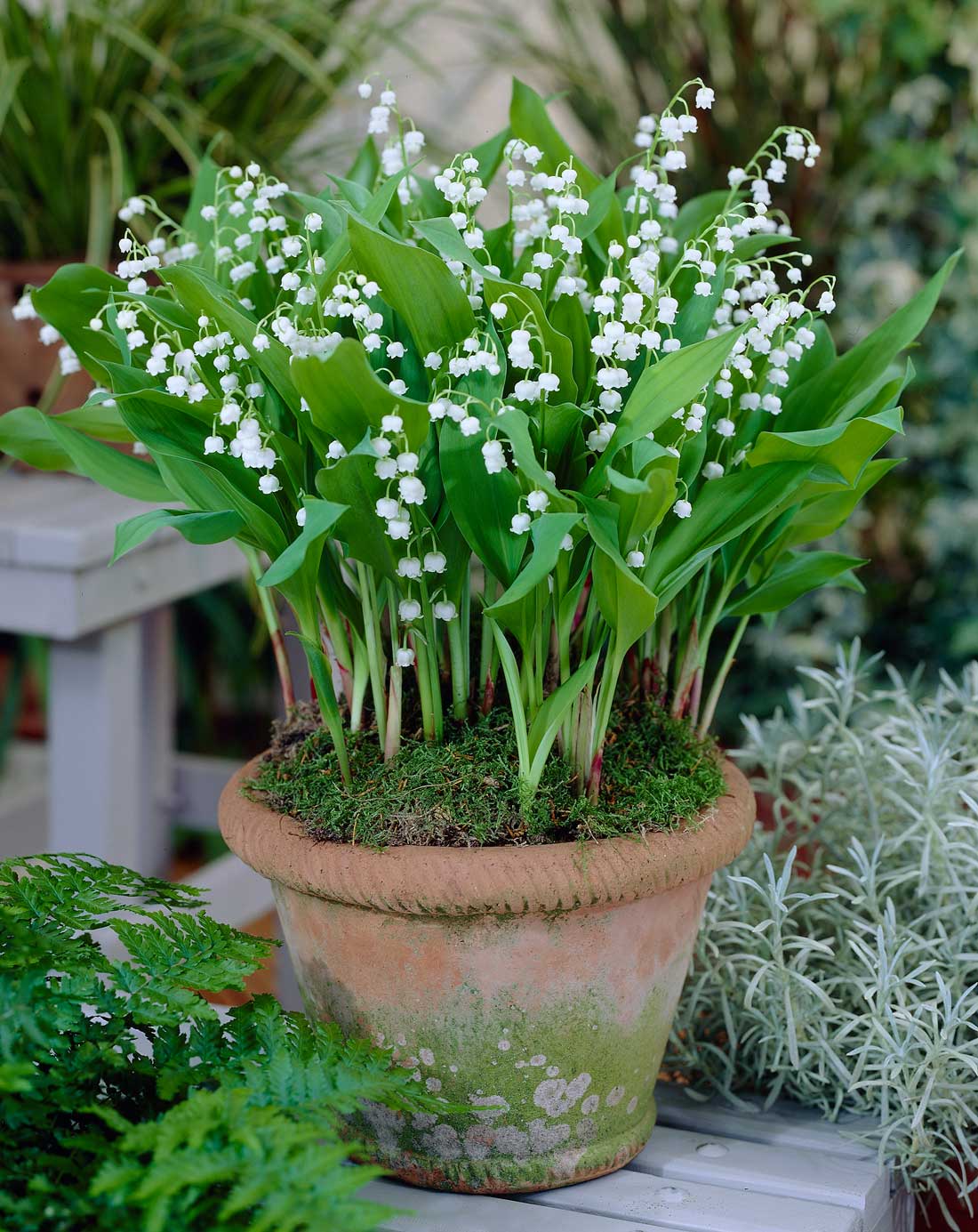 Source: blog.longfield-gardens.com
Source: blog.longfield-gardens.com
Lily of the valley need a little more shade. Plant in semi shade to full shade, 10cm apart with the rhizome 3cm below the soil surface. Lily of the valley, botanically convallaria majalis, stands out as one of the most heavenly fragrant and elegantly vibrant spring plants. 11 rows lily of the valley (convallaria majalis) is not a true lily; When to plant lily of the valley.
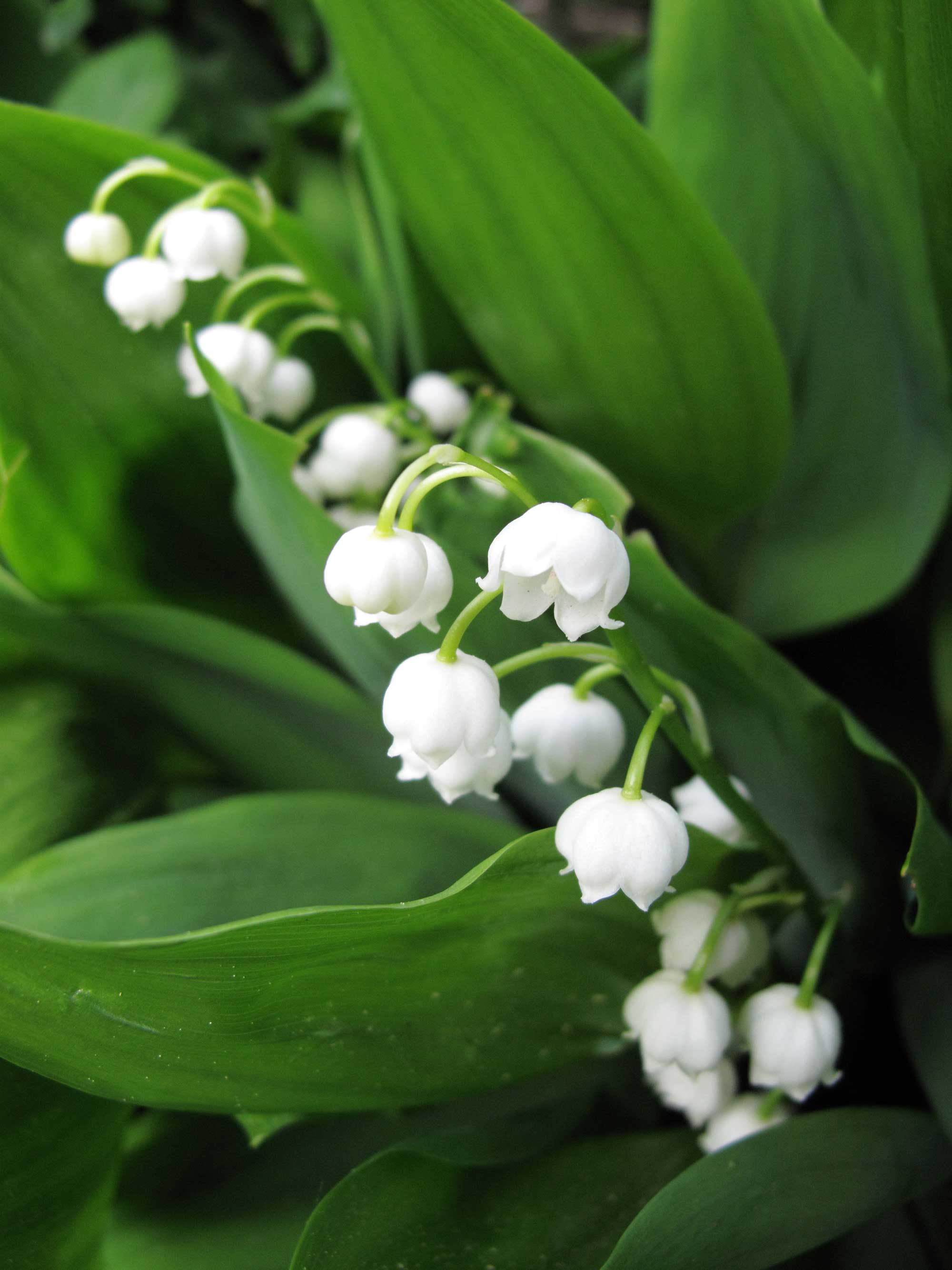 Source: blog.longfield-gardens.com
Source: blog.longfield-gardens.com
Having no flowers on lily of the valley plants is a bummer, but it can be fixed. The plant is native to north america, asia and europe. As beautiful as these flowers are, they are also highly poisonous because they have dense cardiac glycosides content. Moreover, lily of the valley plants has been around since at least 1000 b.c. Lily of the valley plants like to have moist, although not soggy, soil.
 Source: jparkers.co.uk
Source: jparkers.co.uk
About lily of the valley. Lily of the valley should be planted by late fall as cool winter temperatures are needed for a proper dormancy period. Lily of the valley spreads by rhizomes, and it is a very prolific spreader. Lily of the valley is classified as a woodland flowering plant. They are amenable to normal room temperatures, but the lower the temperature, the longer the flowering will last.
 Source: aberdeengardening.co.uk
Source: aberdeengardening.co.uk
How to plant lily of the valley. During drier years, be sure to water them more to encourage blossoming. Lily of the valley is classified as a woodland flowering plant. These dainty white flowers later turn into bright red berries. They prefer well drained, moist humus rich soil.
 Source: gardeningknowhow.com
Source: gardeningknowhow.com
They are amenable to normal room temperatures, but the lower the temperature, the longer the flowering will last. About lily of the valley. Planting lily of the valley should take place by late fall. It’s a fantastic choice for a woodland garden or shady border, as well as planting beneath shrubs. November or december would be the ideal time for division and planting lily of the valley.
 Source: gardeningknowhow.com
Source: gardeningknowhow.com
The plant is native to north america, asia and europe. How to plant lily of the valley. They are amenable to normal room temperatures, but the lower the temperature, the longer the flowering will last. About 1 total of rain or irrigation per week is a good estimate, keeping in. Plant in semi shade to full shade, 10cm apart with the rhizome 3cm below the soil surface.
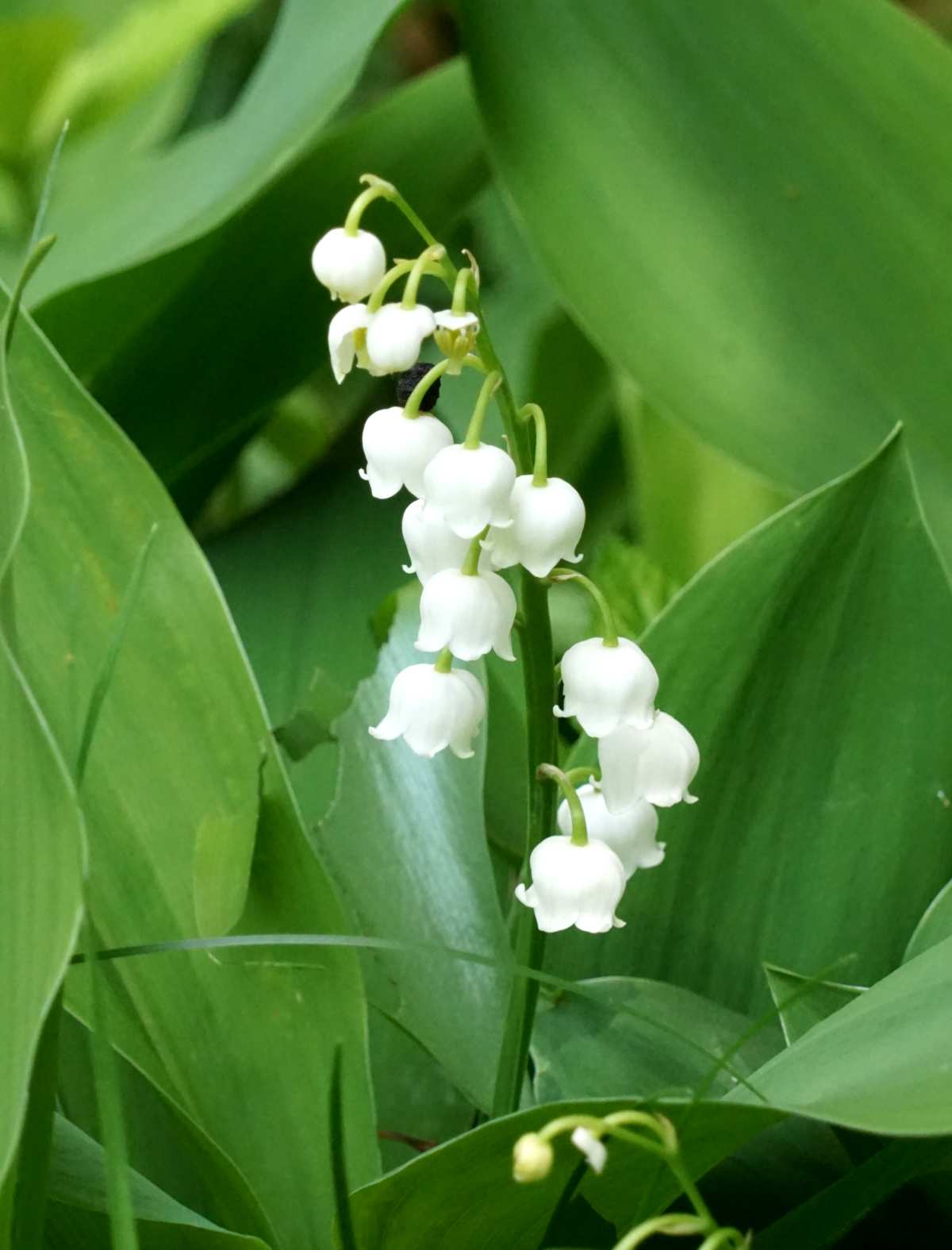 Source: nature-and-garden.com
Source: nature-and-garden.com
November or december would be the ideal time for division and planting lily of the valley. Lily of the valley (convallaria majalis) is a woodland plant, much valued for its fragrant summer flowers. While it is a bit of a misnomer, as the lily of the valley isn’t actually a lily, it is a delicate, beautiful plant that can add a burst of life to any garden. Lily of the valley pips When to plant lily of the valley bulbs?
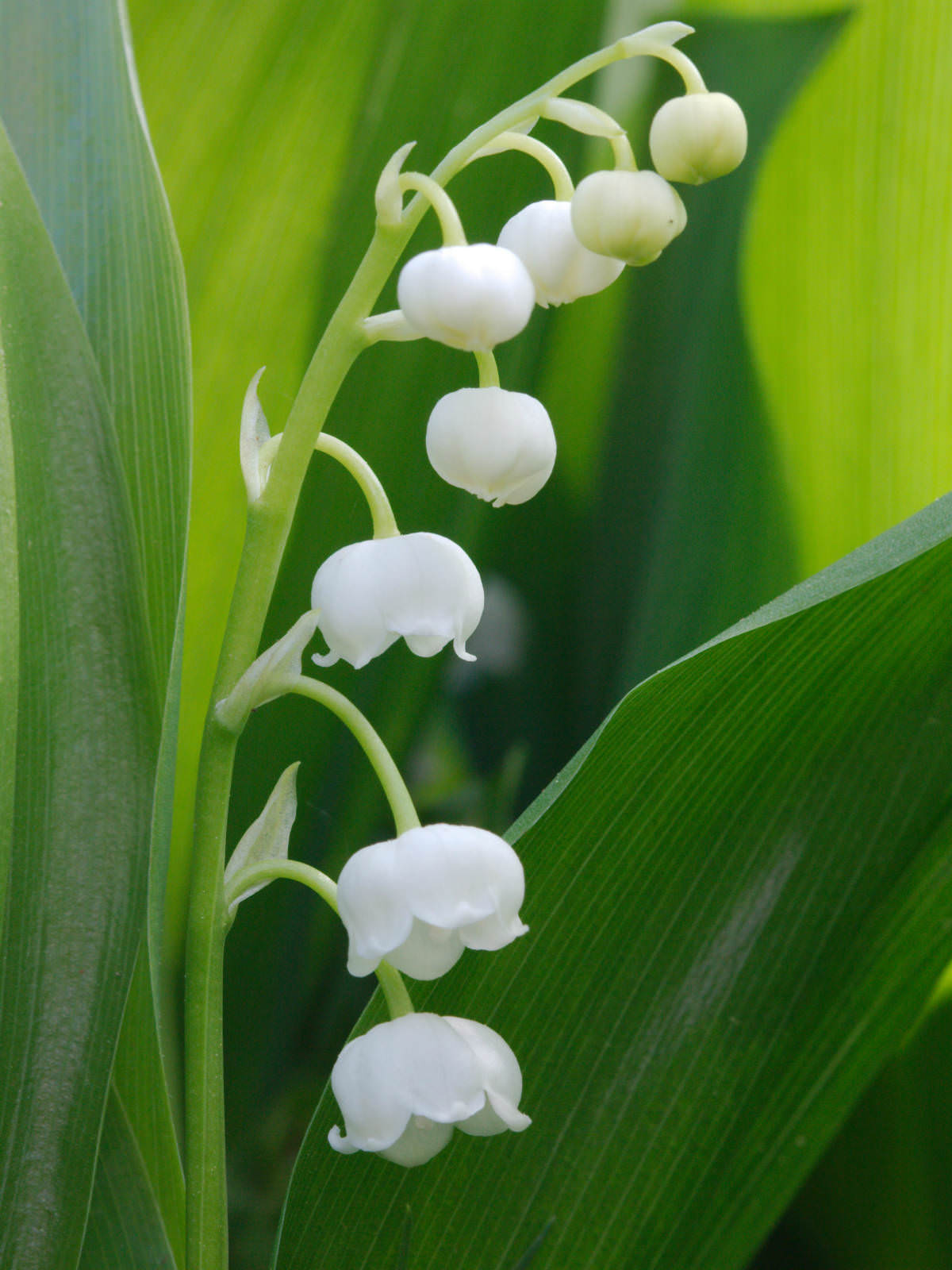 Source: worldoffloweringplants.com
Source: worldoffloweringplants.com
Lily of the valley, convalaria majalisit is a perennial herb belonging to the asparagus family. Planting lily of the valley is easy! Learn how to plant, grow, and care for lily of the valley in your garden! Lily of the valley spreads by rhizomes, and it is a very prolific spreader. It�s actually part of the asparagus.
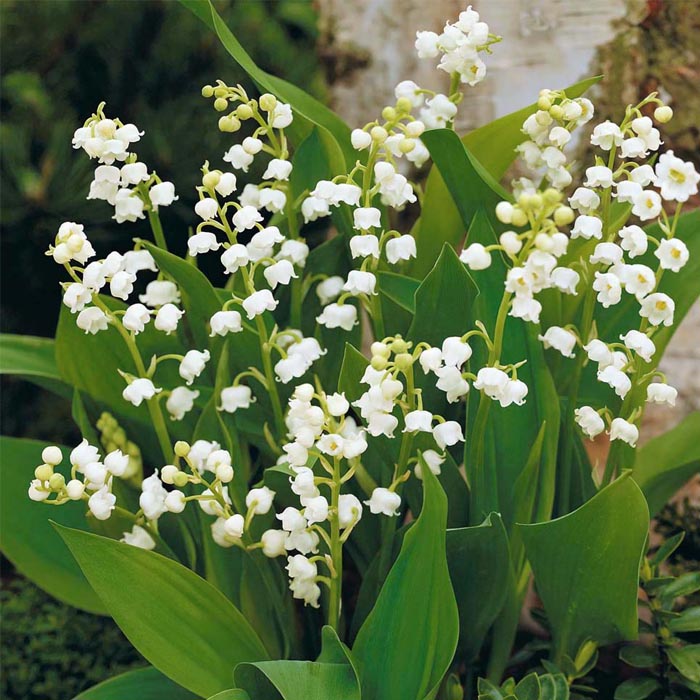 Source: thegardenshop.ie
Source: thegardenshop.ie
Lily of the valley spreads by rhizomes, and it is a very prolific spreader. Lily of the valley, botanically convallaria majalis, stands out as one of the most heavenly fragrant and elegantly vibrant spring plants. Though the roots love moisture, once the plants are established, they are quite drought tolerant. Grows from rhizomes and thrives in usda hardiness zones 2 through 9. If you had a dry winter or spring, your bed of lily of the valley may have gotten too dry.
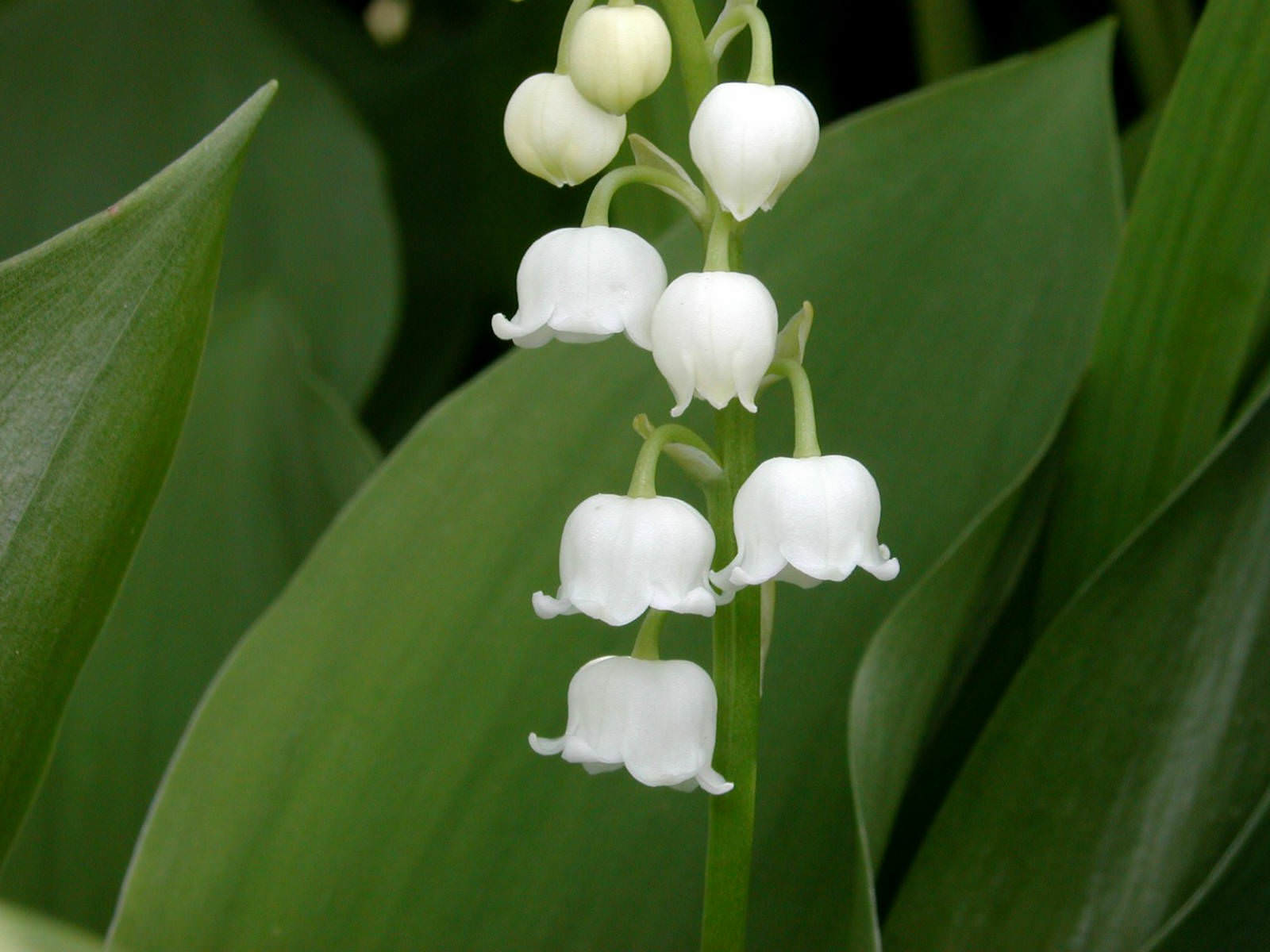 Source: worldoffloweringplants.com
Source: worldoffloweringplants.com
Position each cut 1/4 inch above the point where the flower stalk joins the main plant. Pleasingly robust, despite its delicate appearance lily of the valley is an attractive addition to the ornamental garden. They prefer well drained, moist humus rich soil. Remove dead, dry, brown or. About 1 total of rain or irrigation per week is a good estimate, keeping in.
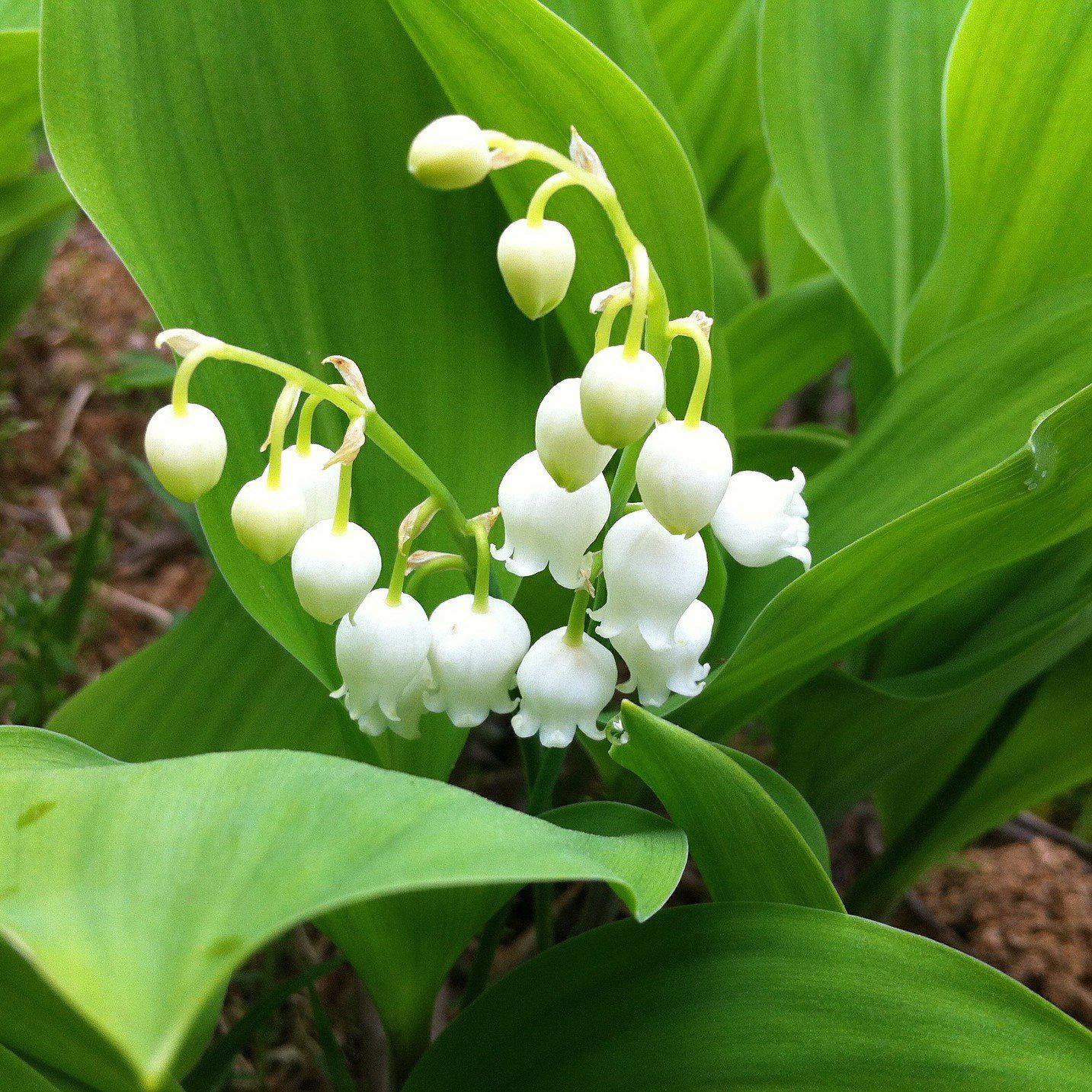 Source: easytogrowbulbs.com
Source: easytogrowbulbs.com
It is a great ground cover if contained. Planting lily of the valley should take place by late fall. When to plant lily of the valley bulbs? Its low, spreading habit also makes it ideal for growing as a ground. While it is a bit of a misnomer, as the lily of the valley isn’t actually a lily, it is a delicate, beautiful plant that can add a burst of life to any garden.
This site is an open community for users to do submittion their favorite wallpapers on the internet, all images or pictures in this website are for personal wallpaper use only, it is stricly prohibited to use this wallpaper for commercial purposes, if you are the author and find this image is shared without your permission, please kindly raise a DMCA report to Us.
If you find this site value, please support us by sharing this posts to your own social media accounts like Facebook, Instagram and so on or you can also save this blog page with the title what to plant with lily of the valley by using Ctrl + D for devices a laptop with a Windows operating system or Command + D for laptops with an Apple operating system. If you use a smartphone, you can also use the drawer menu of the browser you are using. Whether it’s a Windows, Mac, iOS or Android operating system, you will still be able to bookmark this website.


